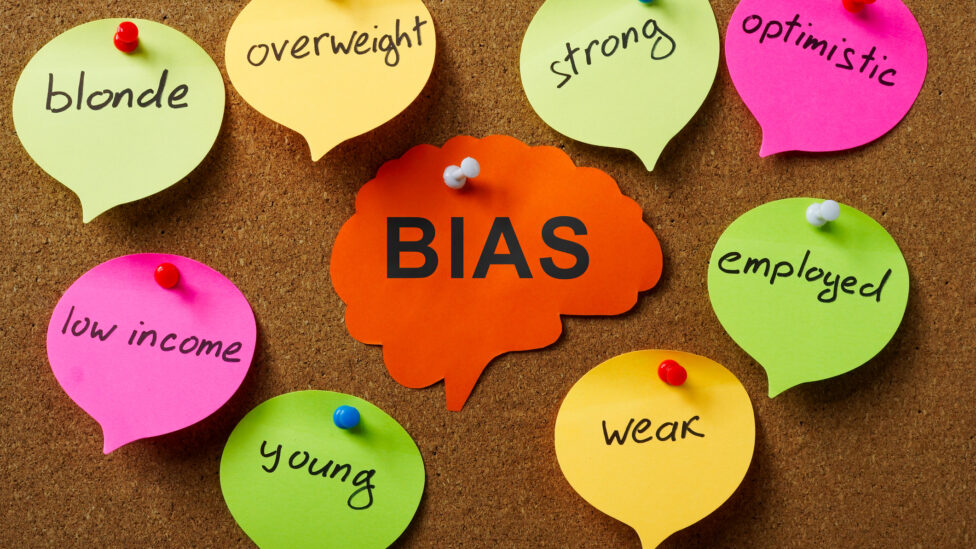There are several forms of unconscious bias, and overcoming them means understanding what it means, and how you can actively tackle them in your store.
Imperial College London describes unconscious bias as a term used to define the associations we hold that are outside our control or ‘conscious awareness’ – and this affects everyone.
This means as people, we are prone to making quick judgements about someone – whether that’s the people you are recruiting, or customers coming into your store – that are influenced by stereotypes, our experiences, our backgrounds, such as class and status, our education, and what we see on social media and in the media. These ‘short cuts’ on how we assess someone can potentially have devastating effects on that person, and contribute to discrimination in the workplace and in society generally.
And this isn’t just to do with race, gender or ethnicity, but it can also be due to physical attributes, such as someone’s body weight and height. All these things can trigger an unconscious bias and lead to people making unfair assessments.
This in turn can have significant influences on our behaviour towards someone – sometimes very negative. In a workplace, Imperial College London says it can influence key decisions, and can “contribute to inequality, for example in selection and recruitment, appraisals, or promotion”.
So how do you overcome this?
The most important thing is to be honest with ourselves and to be acutely aware of any unconscious biases that we may have, or might crop up. Only by acknowledging that we have these prejudices – whether they are deliberate or not – can we start the process of eradicating them, and therefore make better decisions for everyone.
For example, when hiring someone, take the time to really assess an individual’s qualifications and/or experience, and use evidence-based points to decide whether to recruit them or not – not relying on your ‘gut feeling’, which sometimes can be your bias coming into play.
Through working together to combat unconscious bias, we can ensure that everyone has the same chance and opportunities to excel.



Comments
This article doesn't have any comments yet, be the first!